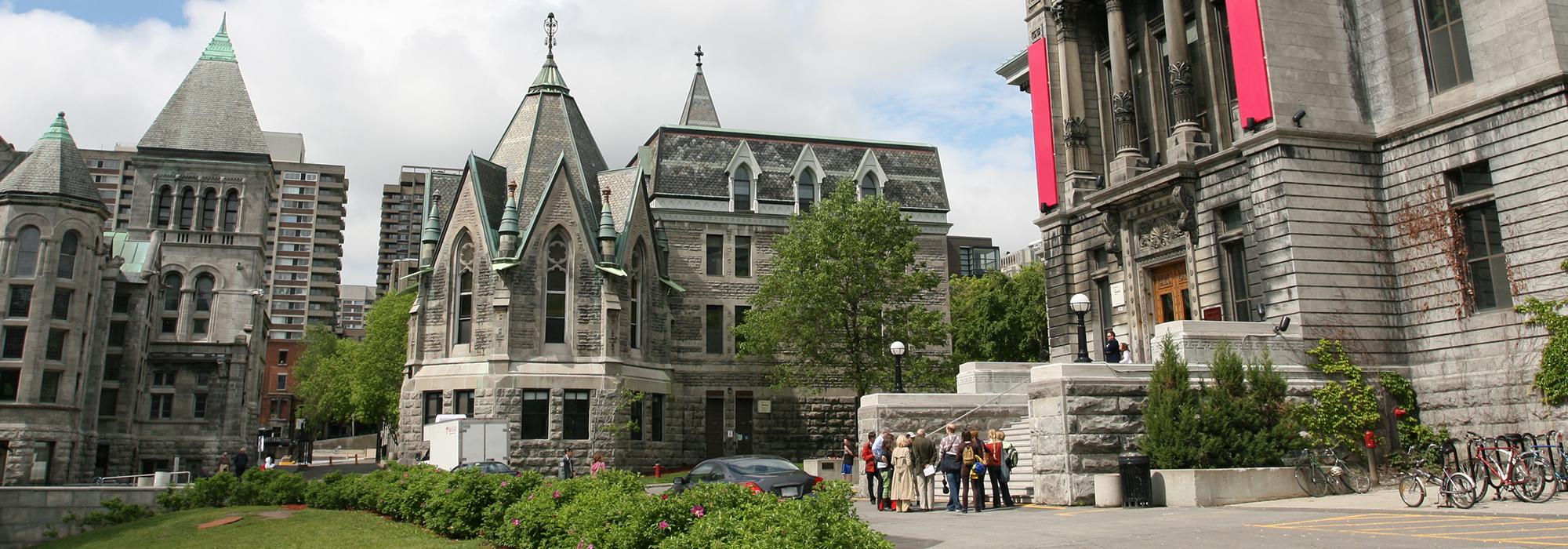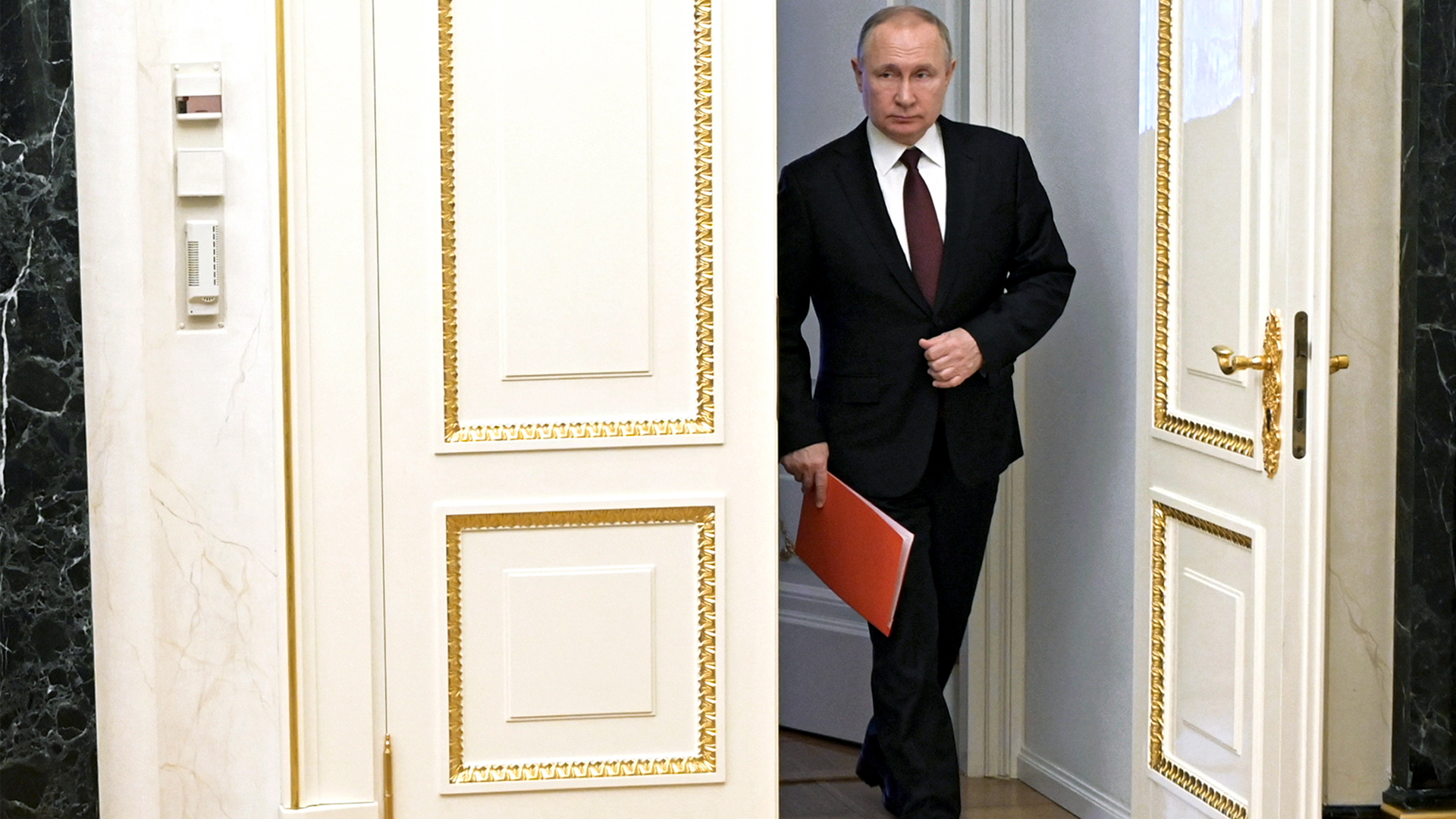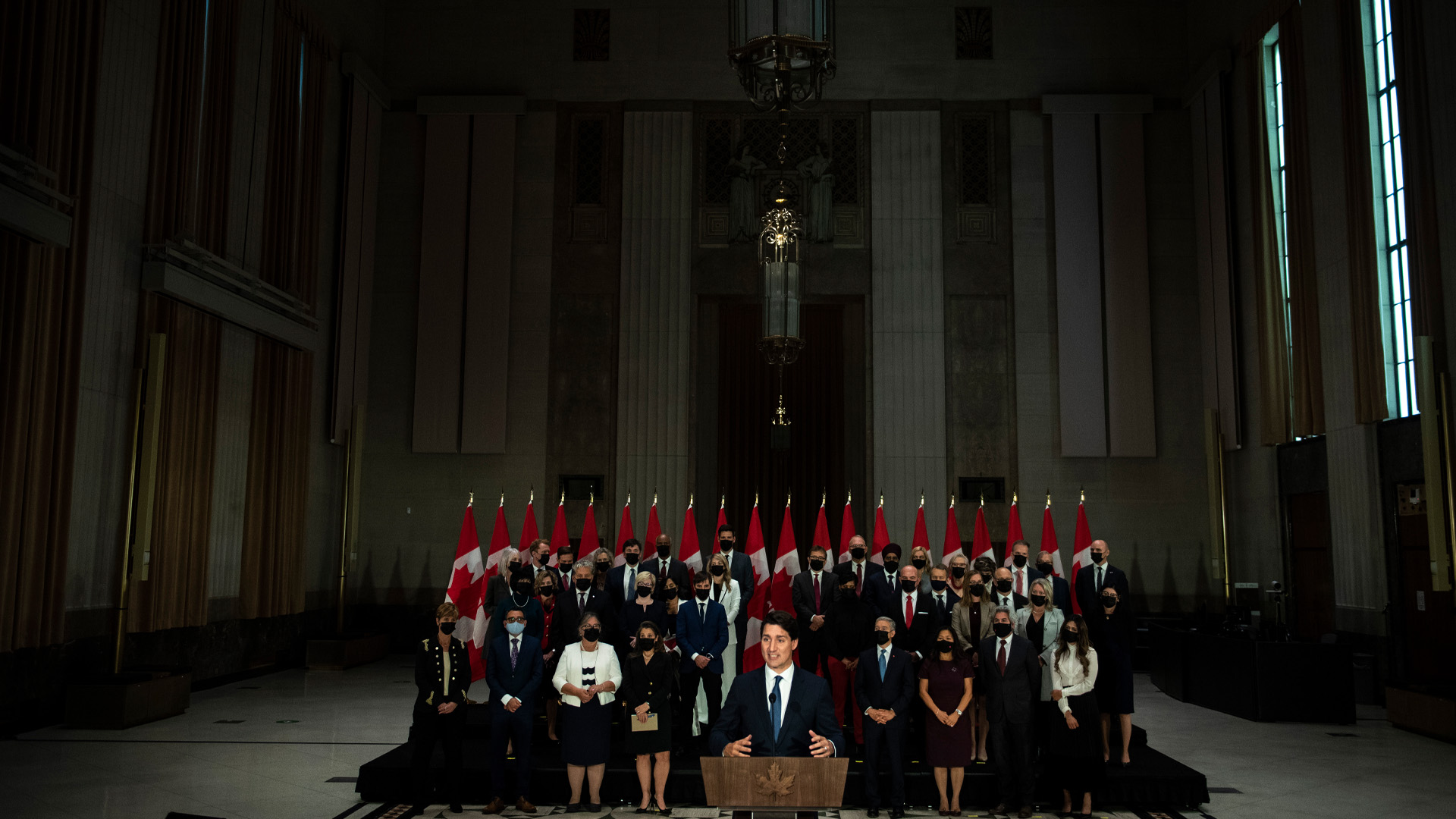
Brands are a funny thing. Sometimes we do damage to their long-term value by focusing too narrowly on protecting them in the short run.
As many will know, McGill University professor Andrew Potter recently resigned from his post as director of the McGill Institute for the Study of Canada (MISC), in the wake of controversy over a short piece he published in Maclean’s that was critical of Quebec society. McGill’s administration claims not to have exerted pressure—something that many find implausible—and that it believes fully in academic freedom. The problem, says McGill’s principal, Suzanne Fortier, is that the opinions Potter expressed, and the way he expressed them, are incompatible with the mission of MISC and the role its director needs to play. That, of course, is pure speculation on her part.
The Potter affair troubles me, for two reasons. First, full disclosure, Andrew is a pal of mine. He’s the one who first introduced me to the editor (now former editor) of Canadian Business and got me blogging for them. He’s also one of the good guys. A sharp wit, a first-rate mind, and a decent human being.
The second reason why Potter’s troubles are troubling me is that, well, you’re reading this. That is, I’m not just a professor — a philosopher teaching in a business school and director of a research institute — but I also write about issues of public significance in a very public way. I’ve been blogging for over a decade, and I appear pretty regularly on TV and radio to comment on controversial issues. So, the fact that Potter lost his job as the director of a research institute, for saying something in public that roused critics, is immediately worrisome to me. I write about business ethics, which often means being critical of businesses. And as you may have noticed, business corporations play a pretty significant role on university campuses these days, especially at business schools. It would be very easy, on any given day, for my blogging to raise the ire of one or another corporate sponsor.
As it happens, I have a lot of faith in my dean and in my university’s president; I’ve worked closely with both, and I believe in them just as I hope they believe in me. (And no, I’m not sucking up — if I thought I needed to, this article wouldn’t be sufficient anyway.) But really, that’s beside the point, because I’m not supposed to need that faith. It’s not supposed to matter who is at the university’s helm. That’s not how trust in an institution is supposed to work.
As it happens, I’ve written a lot about trust. (See, for example, here and here.) My usual theme is the essential role that trust (and hence ethics) plays in commerce. And one of the key mechanisms used in the modern business world to generate trust is the concept of “brand.” You don’t need to put your faith in the Starbucks barista when she promises you a great latté, as long as you’ve got faith in the Starbucks brand. You don’t need to trust the Apple employee who sells you the laptop, if you’ve got faith in Apple itself. You trust those reputations. Reputations build brand, and brands build trust.
The bigger point isn’t about business, but about the role that trust plays in institutions of all kinds.
If I were a professor at McGill, I wouldn’t trust the university today as I would have two weeks ago.
So, yes, I continue to blog, write editorials and get in front of TV news cameras, with considerable faith that my role as director of a research centre is secure. And that faith is grounded not in my faith in the folks who happen to lead the business school and university that employ me, but in the brand. It’s grounded in my faith in an institution, the culture it embodies and the way everyone knows it’s supposed to work. It’s also grounded in my faith in the larger brand of which that institution is a part, namely, the grand institution of academic freedom. Academic freedom is a brand — or perhaps franchise — that universities across Canada proclaim they are dedicated to protecting. I get to go about my day knowing that even if the leaders of my university had less integrity than I know them to have, I’d be pretty safe, because they are rationally committed to protecting the brand. They wouldn’t throw me under the bus for the academic equivalent of a short-term profit.
In this regard, the brand of academic freedom in Canada is weaker today than it was before the Potter affair. And, the McGill brand in particular, which depends in part on McGill’s status as a franchisee of the academic freedom brand, is weaker today than it was two weeks ago. If I were a professor at McGill, I wouldn’t trust the university today as I would have two weeks ago. And that loss of trust sits squarely with the academic leaders who sought to protect the university’s name in the short run, without sufficient regard for what it would mean to the brand in the longer run.
Photo: McGill University campus. Shutterstock.com
Do you have something to say about the article you just read? Be part of the Policy Options discussion, and send in your own submission. Here is a link on how to do it. | Souhaitez-vous réagir à cet article ? Joignez-vous aux débats d’Options politiques et soumettez-nous votre texte en suivant ces directives.








